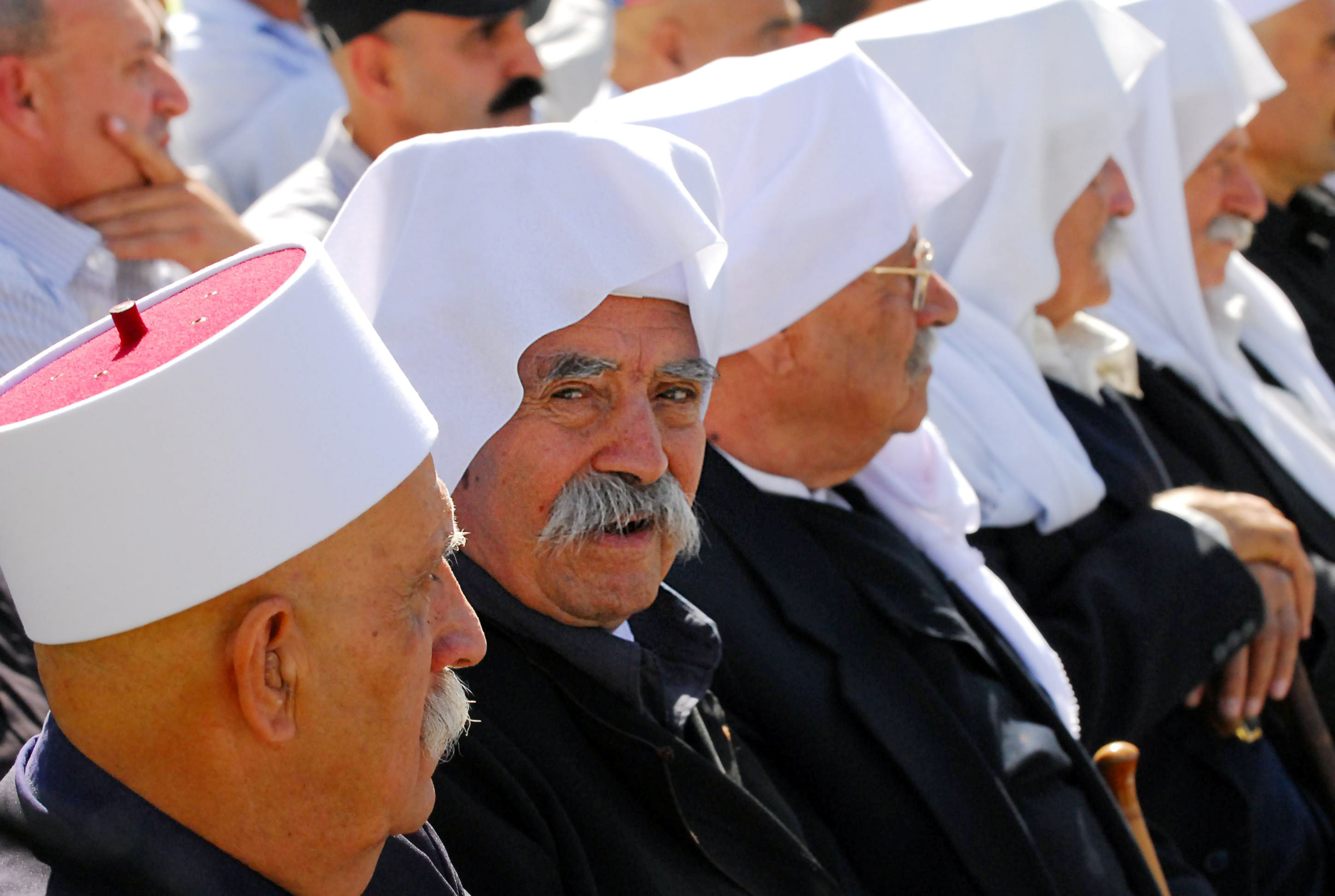Should Israel Save the Druze? The Strategic Dilemma No One Wants to Face
They once backed Assad against Israel. Now they want help. Here's why saying yes might still serve Israeli interests — and reshape the region.

There is a problem when it comes to aiding the Druze. On one hand, there is a natural desire to help persecuted minorities. On the other hand, until recently, the Druze were part of a minority coalition in Syria that helped the Assad regime oppress the Sunni majority.
In addition, most Druze supported Assad’s stance toward Israel for decades. Their current request for Israeli assistance raises a troubling point: Israel appears to demand no price from those who, for years, worked against it.
Add to that the internal pressure from Druze citizens in Israel who are calling on the state to intervene. The danger lies in setting a precedent where a population of 120,000 can influence the actions of a country of 10 million, including 7 million Jews. That alone gives Israel plenty of reasons not to assist the Syrian Druze.
Israel is the state of the Jewish people - not the state of the Druze. If Jews are attacked in Syria or Germany, Israel must act. But Druze? That is another matter entirely.
This raises the question: what is the strategic benefit of helping them?
First, aiding them may create potential allies in Syria, even if they are not entirely trustworthy. It could also help curb a total takeover by Al-Julani and his men in the long term.
Second, with the Americans pulling out of the region, Israel desperately needs contacts with people it can do business with. Even if they have shown disloyalty in the past, the very act of reaching out could be a first step toward building a new system of trust. Third, such a move sends a clear message to the many Druze living in Lebanon: if Israel is capable of guaranteeing the safety of Druze in Syria, it is certainly capable of doing the same in Lebanon - This could position Israel as a kind of regional patron.
Fourth, Israel demonstrates that it has its own interests and influence inside Syria, even at a time when Russian and American involvement is fading. This is especially relevant in contrast to Turkey, which promotes an anti-minority orientation.
It can be assumed that these interests - particularly the third and fourth points - are what truly concern the military and political leadership and are tipping the scales in favor of intervention. These considerations, not the emotional appeals of Druze protestors, should be what guides Israeli decision-making.
The only question that remains is how far Israel is willing to go in clashing with the emerging Syrian regime in order to preserve its long-term influence in the region.